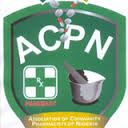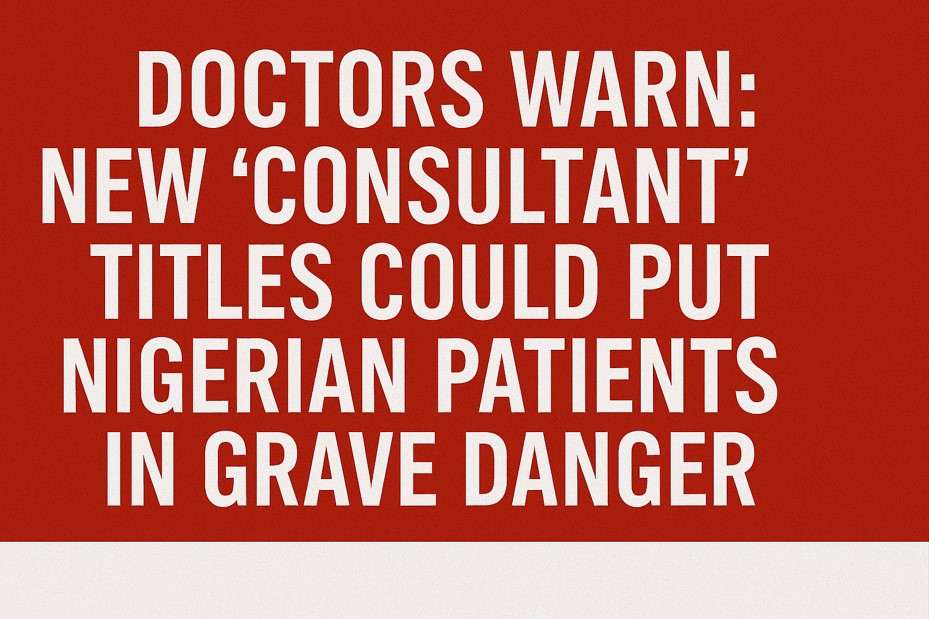The National AIDS/STIs Control Programme has said 57,280 out of the estimated 150,000 children living with Human Immunodeficiency Virus in Nigeria are under treatment as of June 2021.
It added that 44 per cent of pregnant women had access to prevention of mother to child transmission tests in the country.
The National Coordinator of NASCP, Dr Akudo Ikpeazu, stated this on Wednesday during the commemoration of the 2021 World AIDS day, organised by the National Agency for the Control of AIDs in Abuja.
She said, “150,000 children are estimated to be living with HIV in Nigeria. As of June 2021, 57,280 children between the ages of 0 and 14 are undergoing treatment. Adults male from age 15 and above on treatment are 551,106, while the adult female 15 and above are 1,021,041.
“About 44 percent of women who are pregnant only access PMTCT. We are not comfortable with it. The agenda is to move beyond health facilities and go to places where pregnant women access ante-natal services and make sure they are tested. This is to prevent mother to child transmission.”
Also, The Country Director for UNAIDS, Erasmus Morah, said, “Nigeria has the highest number of HIV positive babies in the world.
Over 113,288 currently on HIV treatment in Lagos – LSACA
The Chief Executive Officer of the Lagos State AIDS Control Agency, Dr Mosurat Adeleke, on Wednesday said the state has tested 291,931 people between January and June, saying 113,288 people are currently receiving HIV treatment in the state.
Adeleke, at a briefing, said the level of awareness on HIV/AIDs since the discovery of the index case over three decades ago in the state had increased.
The briefing was part of the agency’s activities lined up to commemorate the 2021 World AIDS Day scheduled to hold on November 1.
She said, “This year’s theme, ‘End Inequality, End AIDS Through Sustainable Financing in Nigeria,’ is strategic towards addressing the common barriers hindering the attainment of the global target of eradicating new HIV infections by 2030.
“The struggle against HIV inequality is a long-standing global commitment that either to has not been given the required attention.”


